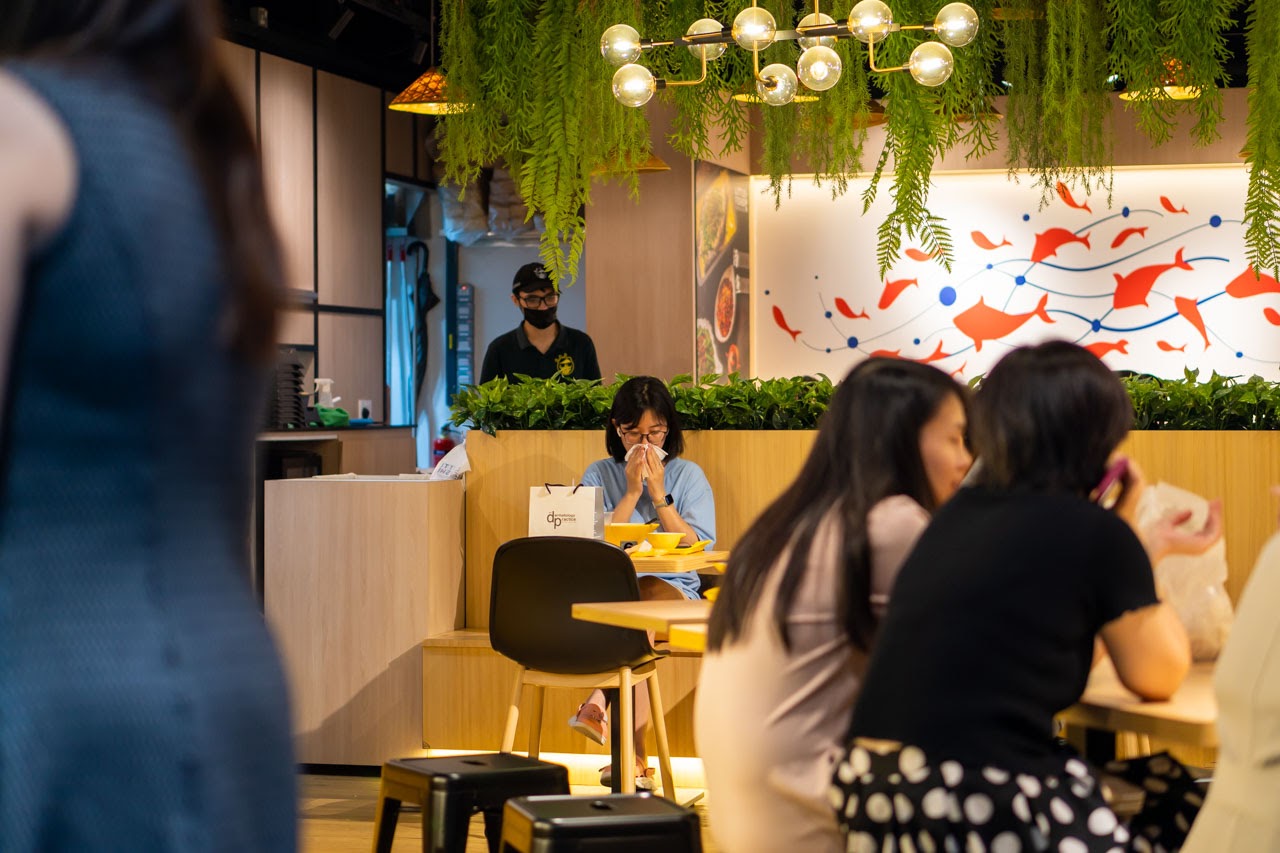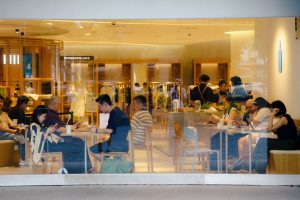Top image: Shiva Bharathi Gupta / RICE file photo
It’s not that easy being that broke friend in an affluent city.
Money is an emotionally charged topic as it is, let alone when you’re a young Singaporean trying to fit in with your peers. Here, social currency often requires forking out actual currency.
Unlike friends who had the luxury of annual family vacations or who complained incessantly about extra tuition, ballet and piano classes, I had a much simpler, economical childhood: Low-cost trips to libraries, parks, beaches and playgrounds.
My parents held simple blue-collar jobs that provided just enough for us to get by. With limited education, sickly elderly parents to care for and two young children to feed, it made sense. They were perpetually busy making ends meet, especially my dad, a cabbie who drove tirelessly every day.
We weren’t poor by any means, yet not bougie enough to live as we please. So you can imagine the conundrum I (and I’m sure many other young Singaporeans) face. It’s hard enough to make friends as it is; harder when you don’t always have the financial means to keep them.
Picture this: Your friends are planning a weekend dedicated to cafe-hopping. Meanwhile, your bank account is begging for mercy. There’s a struggle between the desire to maintain a healthy social life and the harsh realities of facing an empty wallet.
Do you risk losing friendships by pulling another disappearing act? Or do you embark on a decision that could result in eating instant noodles for the rest of the month?
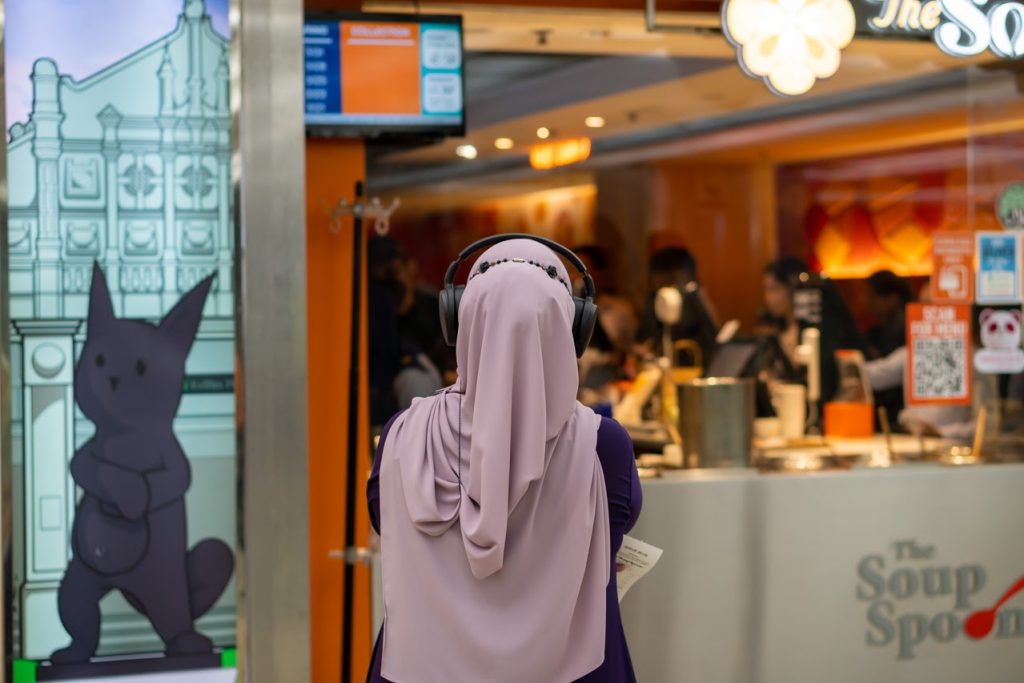
What Your Broke Friend Wants You to Know
Being a broke friend involves perfecting the art of creative excuses to avoid spending money.
There’s an intangible weight when friends land on activities you feel reluctant to join. Fancy restaurants and concerts, for instance, can be painful reminders of a personal budget that can’t quite match.
This feeling of inadequacy stems from feeling out of sync. Honestly, it can be quite embarrassing to keep playing the “sorry, I’m broke” card. Naturally, you start feeling inferior—and a tad bit introspective—when you start questioning if all the camaraderie built was based solely on financial capabilities in the first place.
Growing up, I’ve always felt compelled to keep up with appearances. It’s not just a matter of social expectations but perhaps a fear of being labelled a party pooper too. No one likes being isolated; it’s innately human to long for connection after all.
There was one time when I declined a shopping spree invitation, which was met with slight annoyance by pals. In hindsight, all they wanted was for us to create special memories together. From their perspective, my lack of enthusiasm was seen as a disinterest in bonding as a group.
Really, I would’ve loved to let loose and live a little—if it wasn’t at the expense of my hefty $820 monthly student loan repayment. Financial commitments anchor me to a more pragmatic reality. Without open communication, friends naturally overlooked or struggled to comprehend the gravity of my situation.
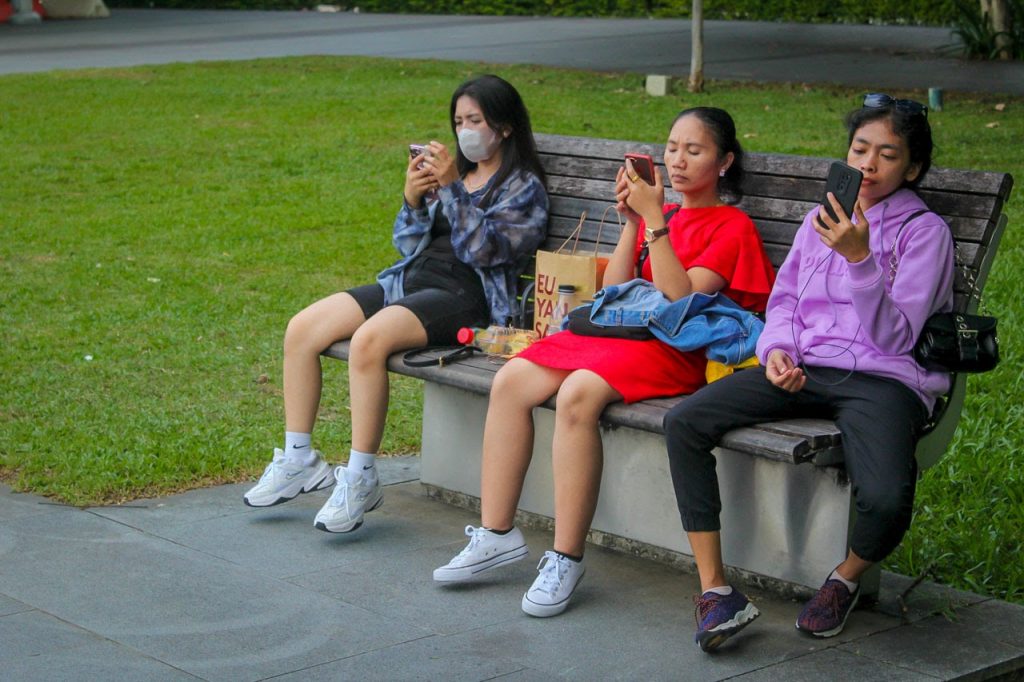
Being the broke friend means consuming food at home before an outing just so you can avoid ordering a pricey main dish later on. It means being ‘busy’ on girls’ night out or lugging a heavy water bottle with you at all times for free hydration. It means heading back home before midnight like a grandma just so you catch the train while the rest of the group hop on costly Grab rides later on.
Your endurance for window shopping becomes unusually high, too. Nicole, a 29-year-old mother of one, knows that firsthand.
Even when she had the opportunity to study abroad a couple of years ago, the experience further opened her eyes to income disparity.
“Among my group of law friends, I was the only one on a bank loan,” she says.
On the weekends, her wealthier friends would visit branded shops using credit cards provided by their parents. The only thing Nicole could afford was a chocolate banana crepe.
“I would just follow them around, but I knew deep down there’s no point browsing anyway.”
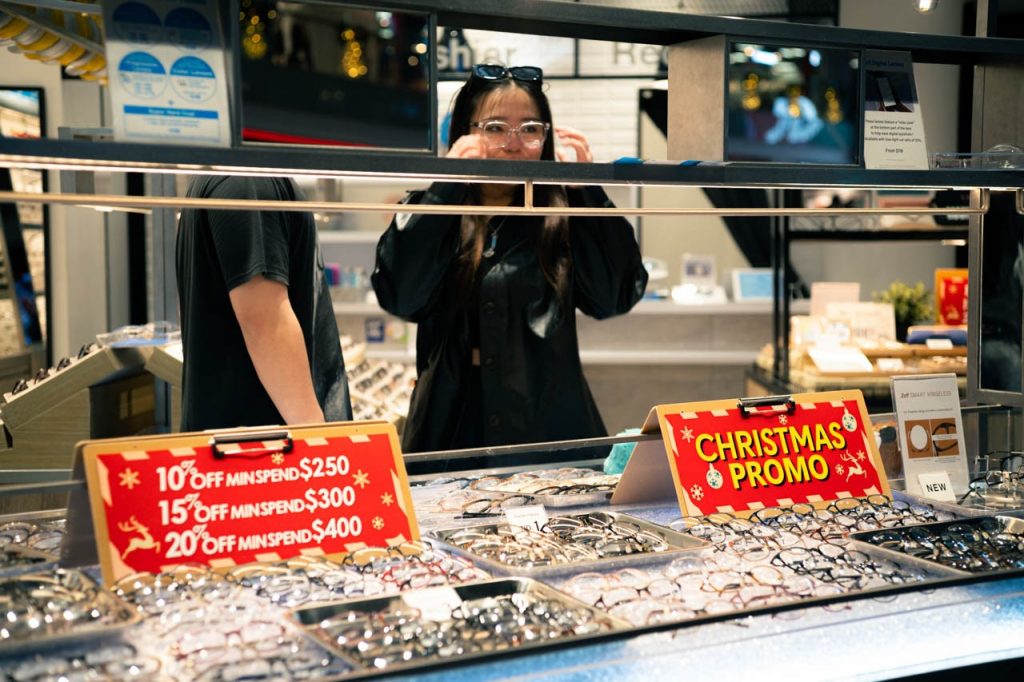
Rich Friend, Poor Friend
In Singapore, success seems to not only be measured through one’s job title and ambition, but also one’s ability to keep up with the latest activities, trends and gadgets.
It seems to me that most people are caught up in projecting an image of prosperity, even if their bank account whispers a different reality. Staying on a path of frugality becomes especially tough when glamorous moments are constantly amplified on social media.
(If you’re a broke, diehard Swiftie, my sincere condolences to you. It must’ve been hard to witness the frenzy of ticket sales and watch successful purchases all laid out on Instagram stories.)
When I was in my late teens, I was almost always anxious about overspending when hanging out with friends. Even so, I quickly blew through savings accumulated through shitty part-time jobs.
In my opinion, nothing really beats the taste and value of a solid plate of cai fan or chicken rice. But I dared not suggest these food options to friends who hated hawker centres with a passion. “It’s just way too hot,” they’d complain.
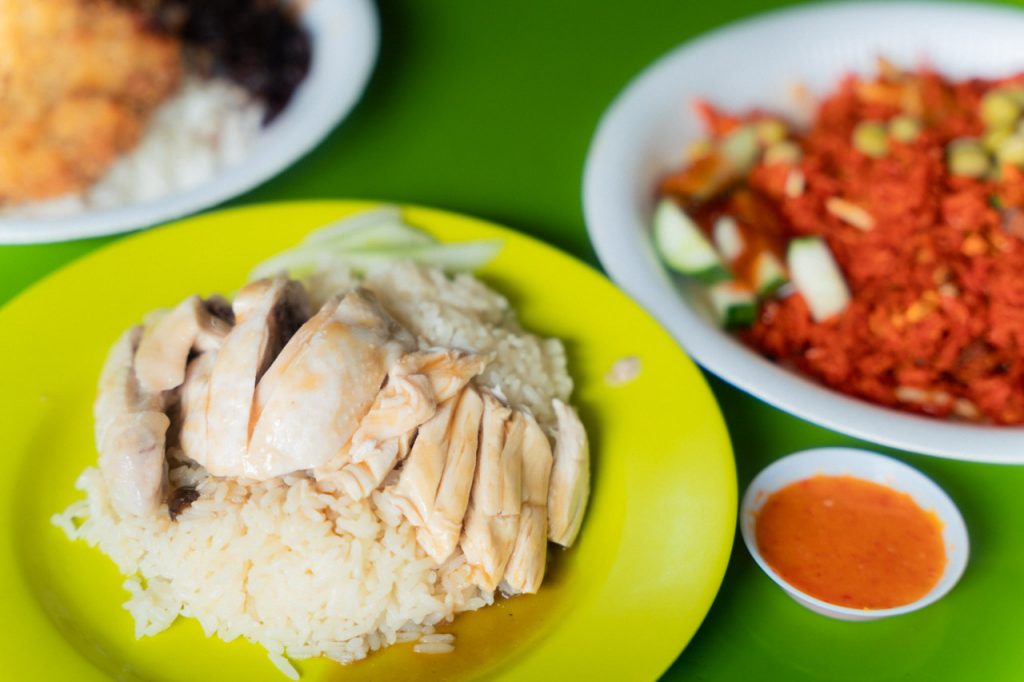
I started to question the sustainability of certain friendship groups. Was my presence an inconvenience to them? Wouldn’t true friends accommodate and understand my predicament?
When you’re faced with economic woes, it becomes a litmus test for friendships. As a broke friend, I constantly evaluated what genuine connection meant.
It doesn’t help that we live in Singapore’s highly competitive, consumerist culture. The broke friend in your group might have never felt like fitting in a world where lavish birthday parties and annual family trips to Europe are the norm.
After stepping into the workforce though, you gradually learn to look past polished images without succumbing to the comparison trap.
True Wealth
Now that I’ve embraced the broke life and learned to be more open about it, I’ve found a frugal tribe who equally loves being indoors or going for walks in parks. Today, a cosy night in with movies and board games is just as extravagant as a night out clubbing.
At the very least, I’ve stopped putting on a curated facade. It takes courage to be vulnerable about financial struggles, but there’s really no shame in admitting that you can’t afford certain things.
That comes with setting firm boundaries with friends.
You might face multiple responses—momentary confusion, surprise, or even a tinge of discomfort, as this could shift the group’s dynamic. Real friends stand by your side while others drift away, and that’s fine, too. I was lucky to have friends who mostly empathise with my situation.
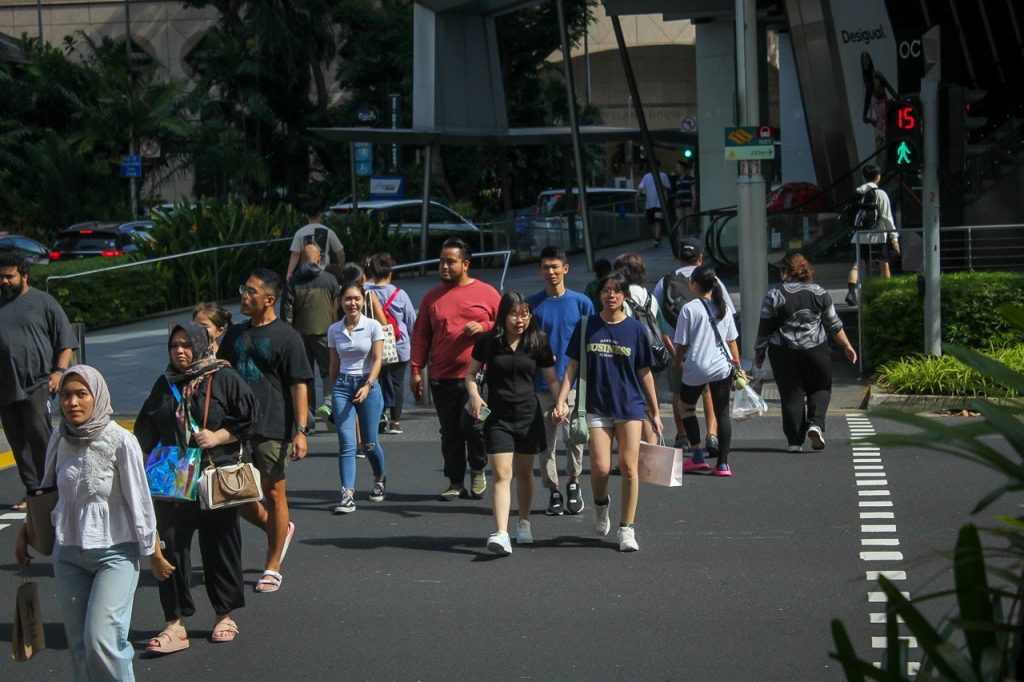
This begs the question: Why is the cultural fabric of Singapore entangled with affluent, luxurious expenditures? The city’s materialistic inclination is so deeply rooted. No wonder the sharpest social divisions in Singapore may now be based along class lines.
This trickles down to the individual level, particularly for teens who might be basing their self-worth on societal benchmarks and tangible symbols of wealth—the latest iPhone, or even all-white Air Force 1s. (Bata shoes? The horror!).
In such a cutthroat environment, there’s a subtle yet pervasive pressure to conform.
There was a time when discomfort lingered when discussions about finances came up. But I’ve discovered a profound shift in my close-knit friendships. The gem of friendships was never about material wealth; it’s about the richness of genuine connection.
When we learn to realign friendships based on mutual respect rather than the capacity for frivolous expenses, authenticity emerges. It’s simply unfair to expect everyone to be on the same financial level.
At the end of the day, a simple acknowledgement of privilege can do wonders for all the broke friends out there who’ve been quietly sipping water and eating free bread rolls during dinner outings.

